U.S. carriers refuse to divulge this information about their 5G networks
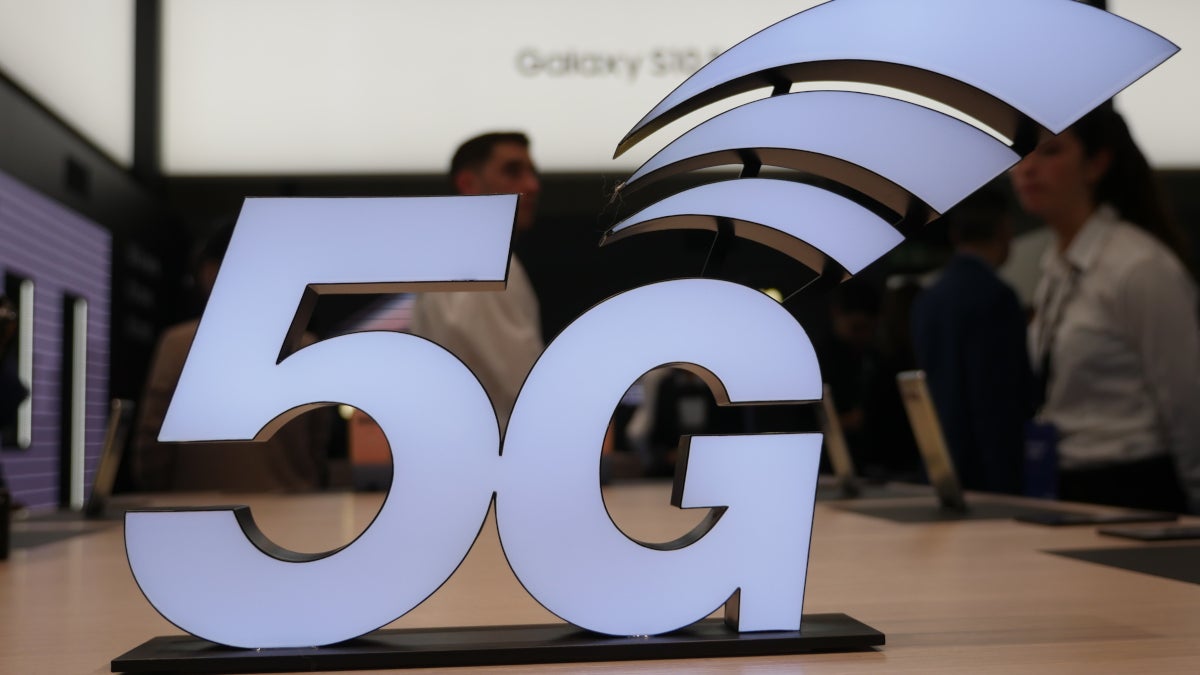
Last month, T-Mobile launched the first nationwide 5G network in the U.S. using its 600MHz low-band spectrum. These airwaves travel farther than the mmWave airwaves favored by Verizon and penetrate buildings better. However, mmWave provides faster download data speeds and can handle more capacity. Eventually, the goal for T-Mobile is to combine its 600MHz spectrum with its mmWave holdings and Sprint's 2.5GHz mid-band spectrum to create a nationwide 5G network that combines all of the attributes of these airwaves.
The carriers are quick to announce the latest markets that they are covering with 5G. For example, just days before the end of the year, AT&T announced that it had nearly doubled the number of consumer markets it covers with its own low-band 5G network to 19 from 10 (strangely, AT&T's website says it has 20 markets covered while a company blog post says 19). But according to Fierce Wireless, there is still some information about 5G service that the wireless operators are not talking about. AT&T, Verizon, and T-Mobile are not revealing the number of 5G cell sites each of them is using. T-Mobile did announce that when its nationwide 5G network launched, 25,000 new cell sites and towers were involved in covering 200 million points of presence (PoPs) with the service. But the company will not say exactly how many 5G cell sites it employs and their locations.
Dish will spend $8 to $10 billion to build its standalone 5G network
By cell sites, we are talking about macro sites (like a tower or antenna), small cells (radios that transmit over shorter distances), and other modes used. CTIA, the wireless industry's trade association, says that 800,000 small cells will be needed by 2026. Verizon, because of its insistence on using mmWave spectrum, might have to rely more on using small cells to get its signals to cover the entire country. The investment firm wondered whether the additional cost of installing so many small cells would hamper the company's financial return.

AT&T recently increased the number of markets served by its consumer 5G service by 90%
The lone company to give any sort of information about 5G tower deployment is Dish Network, and ironically it is not yet a wireless operator. If the T-Mobile-Sprint merger goes through, Dish will acquire assets from Sprint and T-Mobile that will attempt to turn the satellite television provider into the "fourth nationwide facilities-based network competitor" replacing Sprint. Dish will have the option of acquiring as many as 20,000 cell sites from both carriers as it proceeds to build out a standalone 5G network. While testifying in the trial initiated by state attorneys general and the attorney general of Washington D.C. seeking to block the merger, Dish Network Chairman Charles Ergen said that it will cost $8 billion to $10 billion to complete a 5G network. The executive says that Dish will put up 10,000 towers by the end of 2022, although it will need a partner to help it pay for the entire build-out.
Sprint also was a little bit more forthcoming than others by noting that it currently has thousands of 5G Massive MIMO macro sites in use today. The radios are deployed on its existing 4G macro cell sites. A Sprint spokesman noted that the company doesn't employ any small cells but is considering adding a network of them to its existing macro cell setup. The technology allows more than one data signal to be transmitted over a particular radio channel.
The reason for the secrecy has to do with the competitive nature of the industry. And the stakes are high as 5G service starts expanding delivering download data speeds as much as ten times that of 4G LTE. New technologies and industries will be created and the major U.S. carriers are trying to jockey into position to take advantage of the eventual migration from the currently available wireless service to the "future is here now" call of 5G. As a result, the wireless operators are being tight-lipped for the most part, willing to let their networks do the speaking for them.
Follow us on Google News






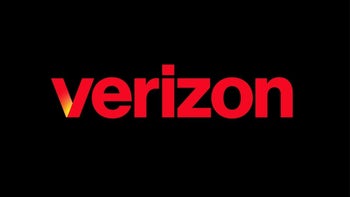

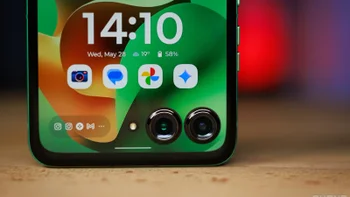
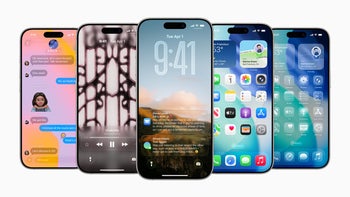
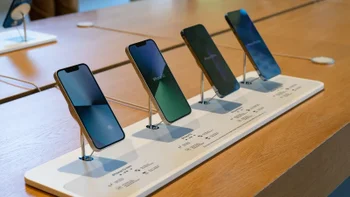
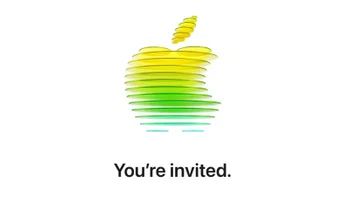
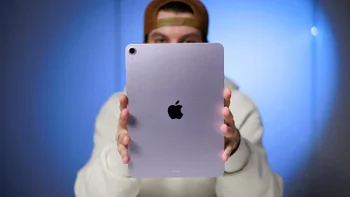
Things that are NOT allowed:
To help keep our community safe and free from spam, we apply temporary limits to newly created accounts: